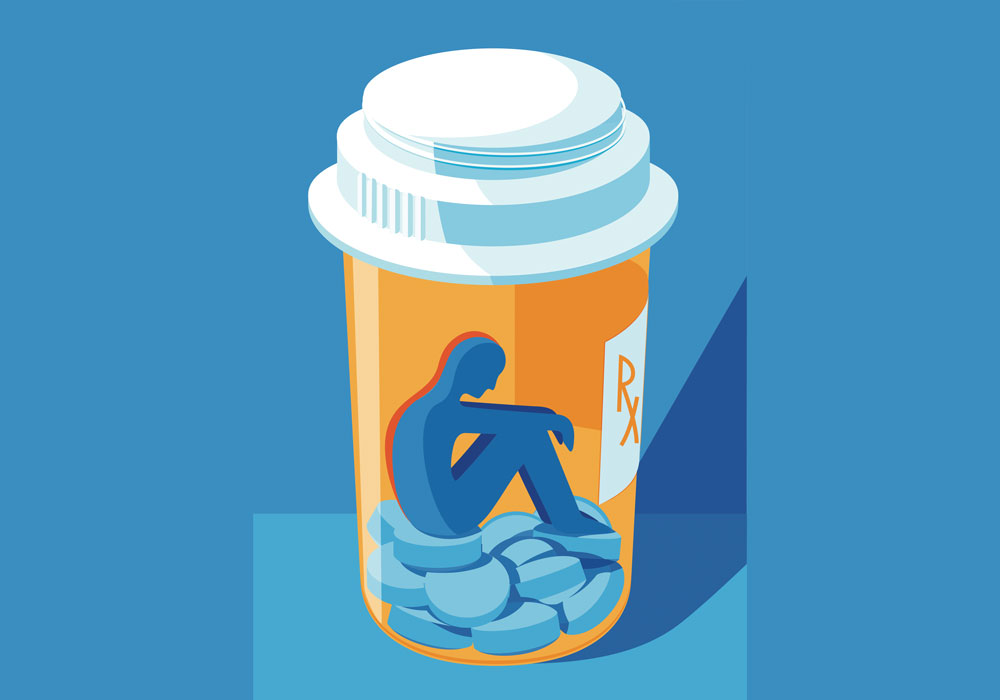Bipartisan Opioids Package Headed to POTUS's Desk
For months, bipartisan lawmakers have worked together to build an opioid package aimed to tackle the nation’s abuse epidemic. After rounds of revisions and finally making it through both chambers of the House and Senate, the legislation is on its way to the president’s desk. The bill focuses funding efforts on addiction recovery programs and cracking down on the illegal medication trafficking.
At this point, the entire United States agrees that opioid abuse is a problem, and few wanted to hinder providers who prescribe for pain management and end-of-life care. ONS, along with many other experts, has spent months educating congressional offices about the need for access, so many in the nursing community are pleased with the results. Read the letters to the U.S. Congress from ONS on behalf of nurses, providers, and patients, encouraging access to approved prescription medications for cancer survivors.
New Cheaper Insurance Policies May Have Big Coverage Gaps
Democrat or Republican, conservative or liberal, rural or urban, young and invincible or Medicare eligible—no matter what box a person checks, health care will be a necessity at some point in their lives. The healthcare coverage a person decides to purchase is the real variable between Americans. Short-term, limited renewable policies are not meant to be more than a temporary fix for individuals in certain circumstances. In fact, reports indicate that cheap insurance policies come with big insurance coverage gaps, leaving those enrolled at the mercy of high medical bills or illegible healthcare services.
With current and future healthcare legislation, representatives from either side of the aisle believe they’re trying to protect and cover individuals who need immediate, cost-friendly coverage. Comparatively, this population is a small market when put against the larger needs of Americans, but it’s distinct population, nonetheless. Congress and both the Obama and Trump administrations have yet to find a single solution—which may not exist—to provide the best coverage for an affordable price for all Americans. It’s everyone's goal. Read more about the stabilization of the Affordable Care Act at ONS Voice.
In the Battle to Control Drug Costs, Old Patent Laws Get New Life
Some lawmakers are considering innovative strategies to make the cost of health care more affordable—a welcomed outcome, particularly for expensive cancer treatments. To address rising medication costs, lawmakers and insurance company representatives are championing obscure U.S. legal provisions to help tackle the issue. The two legal workarounds, march-in rights and Section 1498, work in different ways to empower the government to impact patent laws and allow other companies to develop alternative versions of a drug.
Will march-in rights or Section 1498 work? To date, march-in authority has never been used, and Section 1498 was last used to lower drug prices in the 1960s and 70s. National Institutes of Health Director Francis Collins and Department of Health and Human Services Secretary Alex Azar aren't convinced, but health plans and other payers are supporting the premises as "market-driven solutions." ONS advocates that all patients with cancer are given access to comprehensive, affordable health care.






